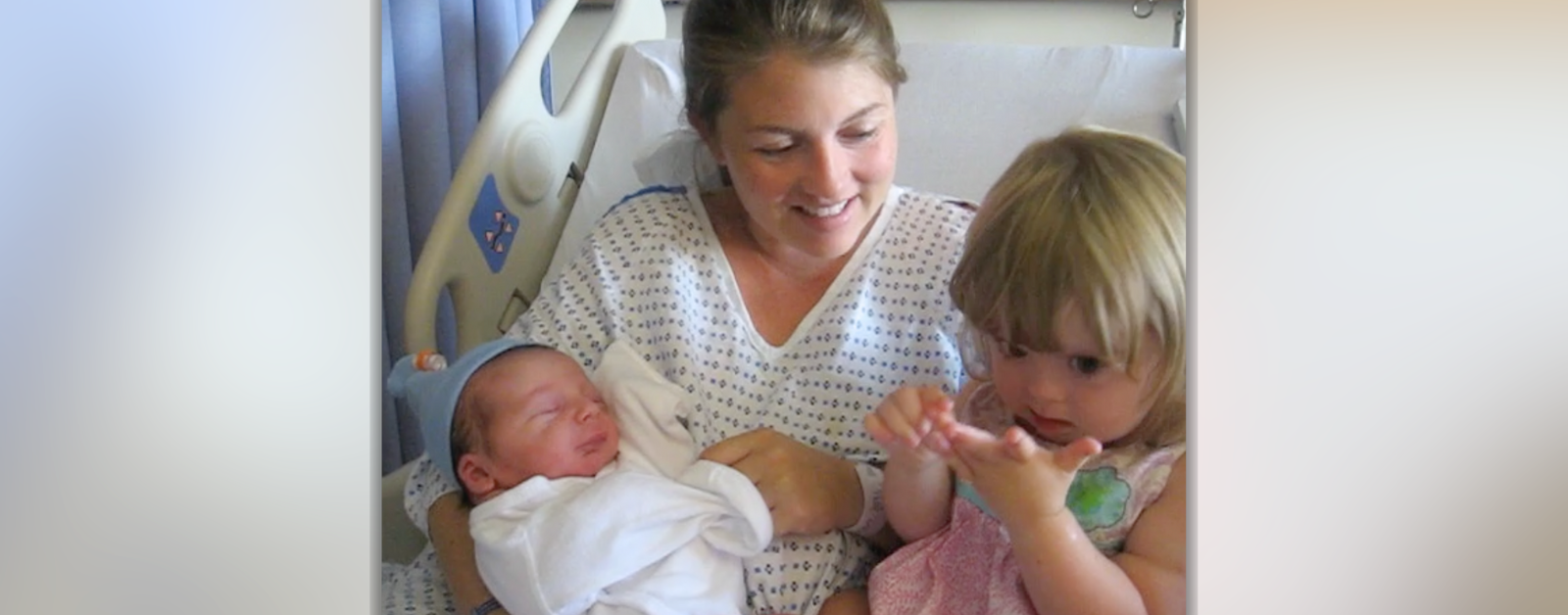I’ve been writing about Penny for a long time now. Along the way, I’ve often written of her accomplishments. The cuteness of hearing her pronounce “medium-hard words” when she asked for them as a kid. The time she was a finalist in the school spelling bee. The surprise of seeing her en pointe in her dance performance. I love sharing these stories because they point to things that Penny loves, and yet I also feel concerned that they play into a narrative that suggests our value as humans comes through our abilities and achievements.
It’s easy to set up a hierarchy of worth rather than remembering the far deeper truth of our common humanity, broken and beloved, limited and glorious, vulnerable and gifted.
I attended a gathering a few weeks ago where I was telling some people who didn’t know Penny about her. One woman asked me whether she is “high-functioning.” Another suggested that life for us must be particularly hard because of her presence in our family. In both cases, I don’t think I flinched visibly, but I did internally. I didn’t want to respond in a way that put Penny on a ladder where her skills elevated her above other kids. I didn’t want to drag our family down into hardship compared to other families. I didn’t want to play into a narrative of comparative or competitive value. But I also didn’t know what to say.
Having a child with Down syndrome has raised my awareness of injustices in this world. It’s helped me see how much we need social supports for education and therapy and health care and employment and independent living. But even more importantly, having a child with Down syndrome has raised my awareness of what really matters about being human. What really matters is that we have been created in love and for love. We get to receive love and give love. Through our abilities. Through our brokenness. Through our limits. Through our gifts. Love is the undercurrent that runs through each of us and all of us. And every time we set up a hierarchy based on functioning or verbal ability or income level or ethnicity, we forget and deny that power of love.
I learned early on in Penny’s life that I had constructed my own sense of identity out of my abilities, and as a result I lived in a fragile, frightened place a lot of the time, because those abilities could shatter and be deemed not good enough at any moment. And if they did, then who would I be?
I also learned that my true identity was one of belovedness that emerged not out of abilities but out of God’s love for me. And from that place of belovedness, I was invited to explore my abilities and offer them, in love, to the world. If those abilities shattered along the way, my identity did not.
I’m circling back to these twin truths of belovedness and belonging. When we know we are loved as we are, at our core, then we will be people who step off the ladder of competition and comparison and instead create communities of belonging.
More with Amy Julia:
False Message: Disability is a joke to be laughed at.
The Deeper Truth
Hope Moments: Living Out the Way of Jesus
Subscribe to my newsletter to receive regular updates and news. You can also follow me on Facebook, Instagram, Twitter, Pinterest, and YouTube, and you can subscribe to my Love Is Stronger Than Fear podcast on your favorite podcast platform.




